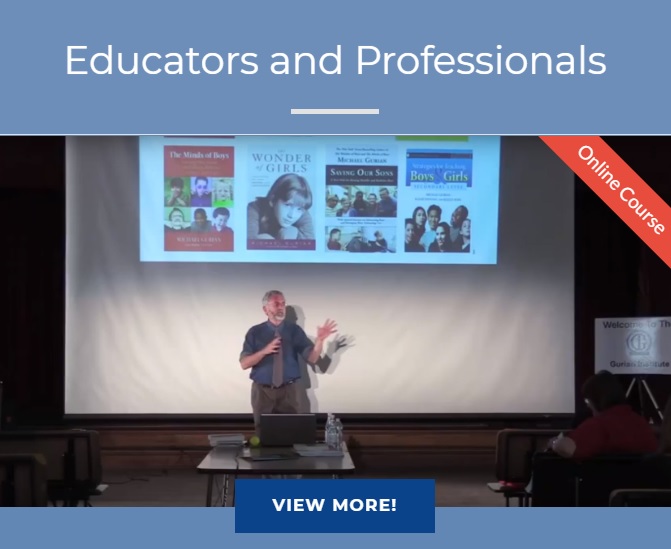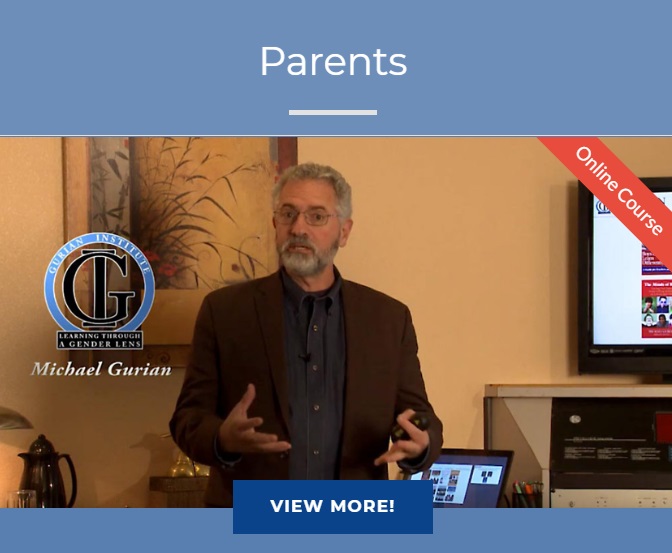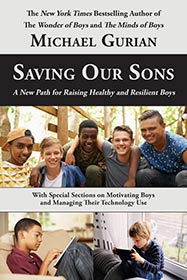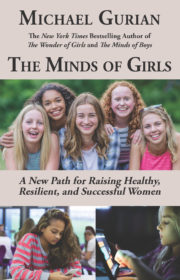Q: Should we have more debates in our classrooms?
A: Yes! As a boy raised by Jewish parents, I spent a lot of my own boyhood debating—debating my parents, debating other kids in Sunday school, debating teachers in their classrooms (sometimes somewhat too obnoxiously!), and debating my siblings. My mother called me “the fastest mouth in the west.” Generally, she meant this both as a compliment and a complaint. I deserved both. With debate in my DNA, I joined the debate team in high school and continued to debate in college.
When I spent a summer in Israel in my 20s, I saw debate as an art form. Because much of my ancestry is Jewish, and I am a practicing Jew, Israel held a great deal of soulfulness for me—I felt immediately at home there in a different way than I did as a Jew in America. Yet, too, I was an American and know America as my home country. How can both feelings of “home” exist in one soul? With my relatives and friends in Israel, this became a matter of debate! We spent many evenings walking through Jerusalem seeking answers that were not, themselves, answers, but were, in fact, just debates. Warmth, passion, bonding, and brain growth occurred in these debates in which no one was victorious but each person felt more successful, more whole.
Jews refer to the structure of the Talmudic debate process as “hevruta,” meaning “pairs.” Midrash (school) students are divided into pairs in which they debate a text, line, or story of the Talmud. They learn to analyze, engage in critical thinking, develop multiple answers to questions. They then analyze and debate these answers further. Success is not necessarily measured by being “right.” Success is intrinsic to the brain development that occurs through the debate process.
In my research over the last three decades, I have found this kind of complex debate underutilized in American schools. We lecture far too much and debate far too little. When we do hold debates, we train kids to be competitive, which is good, but we don’t teach them to value the kind of mental process they will need later in life—in business, government, education, child-raising, marriage, entrepreneurship, entertainment, and anything else they choose.
What is that process? Adaptability. The adults who will be the most successful in our world will be the ones who can best adapt to new complexity. Debate, rather than lecture, teaches adaptability. It stimulates brain centers such as the ventral striatum, caudate nucleus, and basal ganglia to develop synaptic connections that mature and empower the brain, provide it with increased resilience, increase its overall intelligence, and increase that brain’s likelihood of achieving some sense of mastery during the lifespan.
Former Israeli Minister of Education, Naftali Bennett, recently wrote an Op Ed for the Wall Street Journal in which he posited that one of the reasons tiny Israel became a global high tech force (with more Nasdaq companies than India, Japan, and South Korea combined), was the emphasis in Jewish education on this kind of debate. I agree with him. The gender-brain research we utilize at the Gurian Institute points to his wisdom. The more teachers and parents will elicit debate from students and children, the more those kids will not just develop singular centers of the brain but ultimately develop what we want most for them: the neural pathways between the limbic system and cerebral cortex that make them mature and successful adults.
This is true for both boys and girls. For boys who are having difficulty in verbal-literacy related classes, for instance (social studies, history, English), especially with writing quality in comparison to girls, debate will help those boys increase their desire to read and help them set up better organized and more detailed papers to write. Ten minutes of debate in a classroom before a writing assignment can work wonders.
For girls who are having difficulty showing leadership and success skills in a STEM class, organized debate, guided by an authoritative teacher who makes sure every voice is heard, can create more love of the subject, and more competence for the individual student. And of course, there can be girls having trouble in English and boys in science, so the debate strategy works for both genders no matter the circumstance.
And more and better debate is not just a matter of the classroom. Every time a dinner table conversation becomes a debate, parents can help stimulate the growing child’s brain. Debate can be very bonding, very fun, at home especially if the parents teach their kids: winning is not generally the point. The point is to become a better debater by listening, hearing, responding, learning, and growing through the passion of discourse. An added benefit: every moment we teach this to our kids, we keep them off their cell phones at the table and keep them focused on family, grit, truth, meaning, and purpose.
Debate that is not obsessed with winning can become a healthy adult way of life. Let’s debate more and lecture less. Our children will be the smarter for it.










